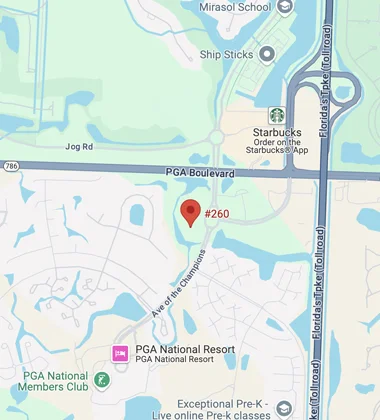What is the Pregnant Workers Fairness Act?

The US Equal Employment Opportunity Commission (EEOC) recently issued its final regulation for carrying out the Pregnant Workers Fairness Act (PWFA), and the final regulation will take effect on June 18, 2024. Whether you are planning to get pregnant, are already pregnant, or have requested leave or accommodations in relation to a pregnancy, it is important to learn more about the PWFA and how it might be able to benefit you. Our Palm Beach Gardens employment discrimination attorneys can tell you more about the PWFA and what it provides for pregnant workers in Florida.
Learning More About the Pregnant Workers Fairness Act
The Pregnant Workers Fairness Act is a federal law that “requires a covered entity to provide reasonable accommodations to a qualified employee’s or applicant’s known limitations related to, affected by, or arising out of pregnancy, childbirth, or related medical conditions, absent undue hardship on the operation of the business of the covered entity.” It is important to know that the PWFA applies to reasonable accommodations in the workplace related to pregnancy, and not to pregnancy-related discrimination (there are other laws that protect workers against pregnancy-related discrimination in the workplace).
The PWFA initially took effect on June 27, 2023, and the EEOC started accepting claims of violations on that date. However, the final regulation for the EEOC to carry out the PWFA will take effect June 18, 2024, as we noted above.
Who is Covered Under the PWFA?
Both private and public employers with 15 or more employees must comply with the PWFA. Certain government agencies, as well as employment agencies and labor organizations, are also covered and must comply with the law.
What is a Known Limitation Related to Pregnancy?
The PWFA is clear that reasonable accommodations must be provided for qualified job applicants or employees with “known limitations” related to pregnancy. What are “known limitations”? The EEOC clarifies that “known limitations” including “physical or mental conditions related to, affected by, or arising out of pregnancy, childbirth, or related medical conditions.”
Examples of Reasonable Accommodations Under the PWFA
You should know that the PWFA does not cite specific reasonable accommodations. Rather, reasonable accommodations are determined based on the specific circumstances of the employee or job applicant seeking the accommodation. However, our attorneys can provide you with information about accommodations that the EEOC cites as examples of reasonable accommodations under the PWFA:
- More breaks, more flexible breaks, or longer breaks;
- Changes to a work schedule, which may include telework or a temporary reassignments;
- Exception to food or drink policy;
- Providing options for doing work while standing rather than sitting, or vice versa;
- Exception to the dress code;
- Time off for medical appointments; and/or
- Temporary shift to light duty.
The EEOC makes clear that an employee’s need for specific accommodations may change depending on how far along they are in their pregnancy or post-childbirth, and employees can request different reasonable accommodations at different points of the pregnancy depending on their needs.
Contact a Palm Beach Gardens Pregnancy Discrimination Lawyer
If you have questions about your rights as an employee concerning pregnancy and accommodations, you should seek advice from an experienced Palm Beach Gardens pregnancy discrimination attorney at Sconzo Law Office. We can discuss the PWFA with you, as well as other state and federal laws that may provide you with important pregnancy-related protections in the workplace. Contact us for more information.
Sources:
federalregister.gov/documents/2024/04/19/2024-07527/implementation-of-the-pregnant-workers-fairness-act
eeoc.gov/wysk/what-you-should-know-about-pregnant-workers-fairness-act#:~:text=Who%20does%20the%20PWFA%20protect,childbirth%2C%20or%20related%20medical%20conditions

